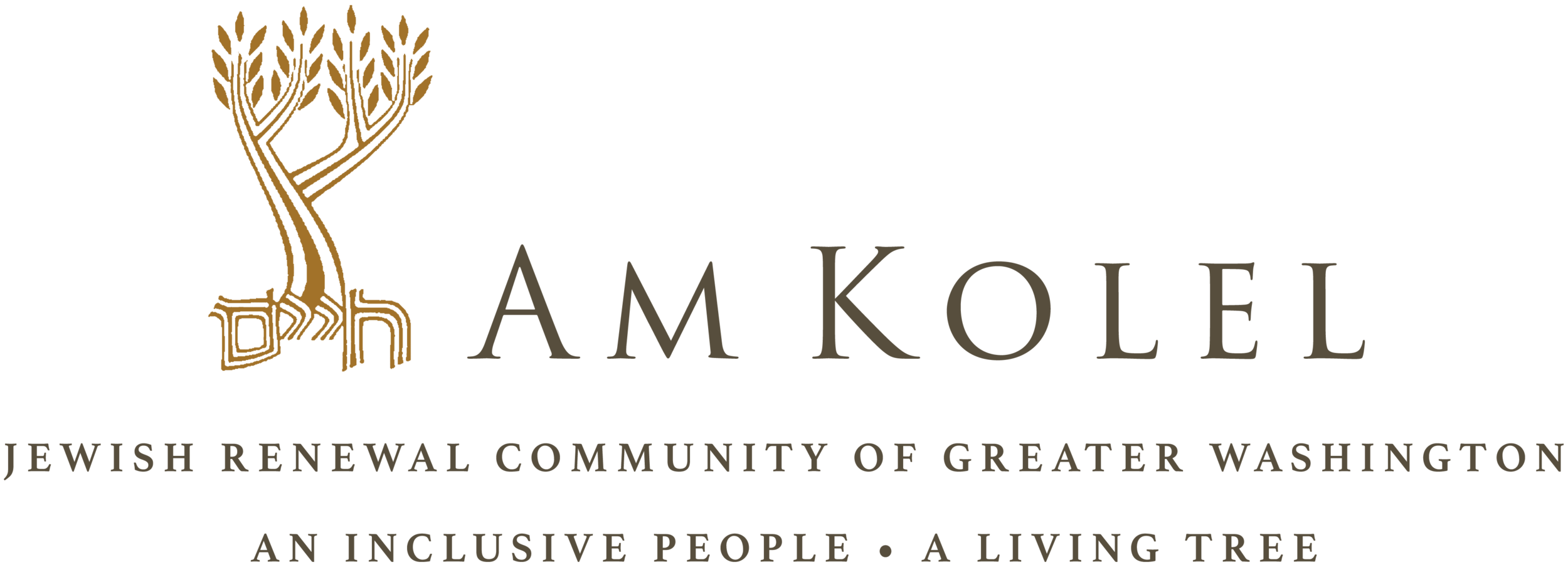This week’s Parsha, Naso, continues to lay out the duties of the Levites...
This week’s Parsha, Naso, continues to lay out the duties of the Levites in caring for the Mishkan, the portable Sacred Meeting Place, which will accompany them through their journey. As with last week’s Parsha, the second verse also uses the root word “Sa” to emphasize the idea that each person is "lifted up" and counted. The wording is also an invitation to lift up one’s mind and spirit, in service.
This Parsha speaks to our present need to take responsibility for the well-being of our country and those who reside in it. For those who came to these shores this land was known as the Promised Land. Indigenous peoples also saw it, and still see it, as their Promised Land. We are challenged to acknowledge this and perform acts of Teshuva and reconciliation. Not easy. A couple of Parshiot ago we were also reminded that the Land ultimately belongs to the Creator. How we share in the stewardship of the land is at the heart of healing.
We, as the descendants of the Levites and the Hebrew Prophets, are called upon to “lift our heads” - to not lose sight of the vision and imagine that we all share in carrying the Menorah, the candelabrum of Light.
This Parsha talks in detail about the men and women, who were not Levites, and how they, due to their wisdom and spirituality, could serve God without the intervention of the Levites. Each of us is a Mishkan. Life, itself, is the journey to the Land of Promise, for us and for all.
This month thousands of people are rallying to address the inequities in our society, the threats to women’s reproductive rights, voter suppression, racism and gun violence.
May we have the strength and courage to Lift up our Heads and face the challenges. The Parsha includes the ancient priestly threefold benediction. The last phrase uses the root ‘Sa’ again. “May God’s Countenance be Lifted Up Upon You and Grant You Peace.”
This month is our JUNE APPEAL. Please support the work we do to fulfil our Teachings, to serve our own community and the larger community. Read our Annual Report. You have helped make it happen.
Gratefully, Todah Rabbah,
Reb David
